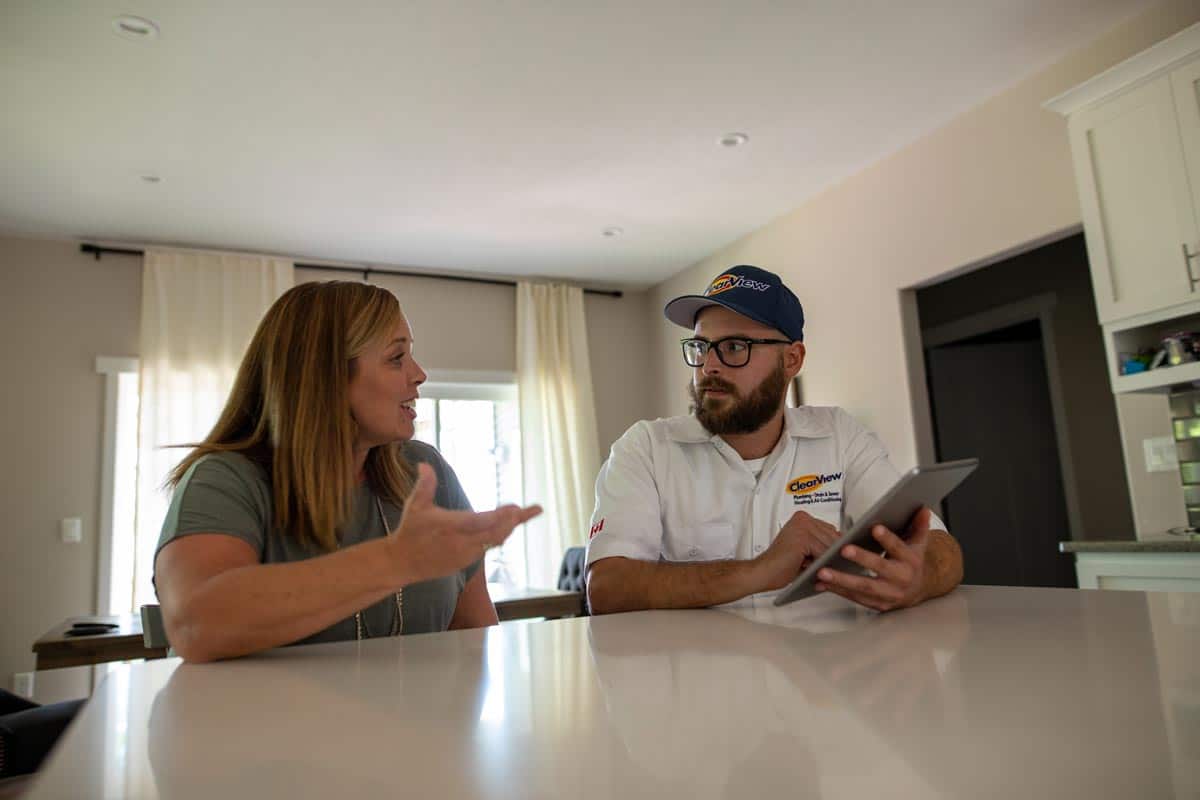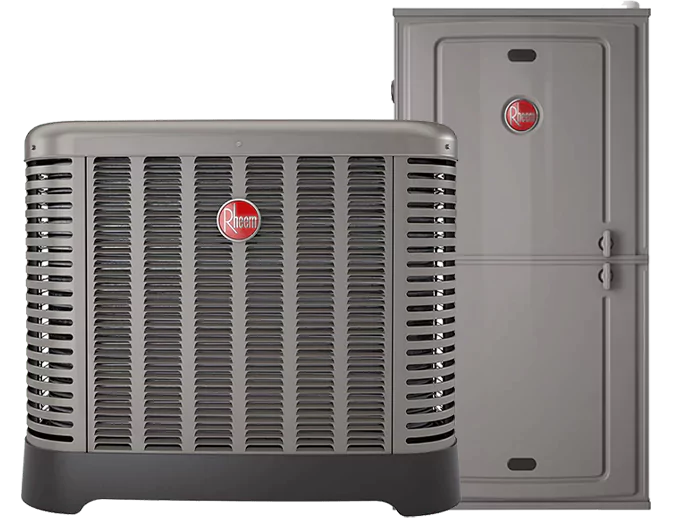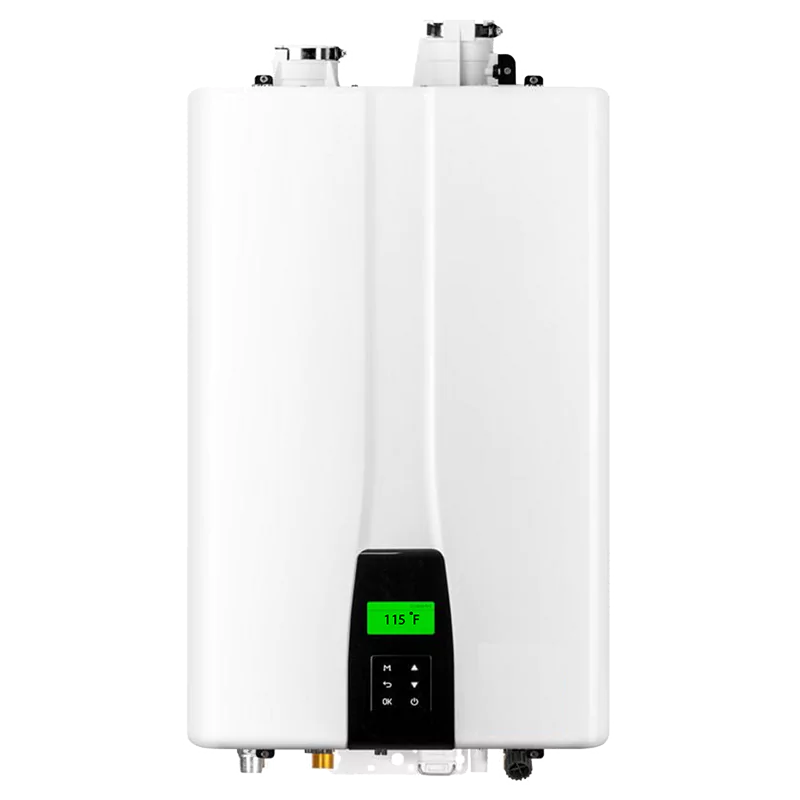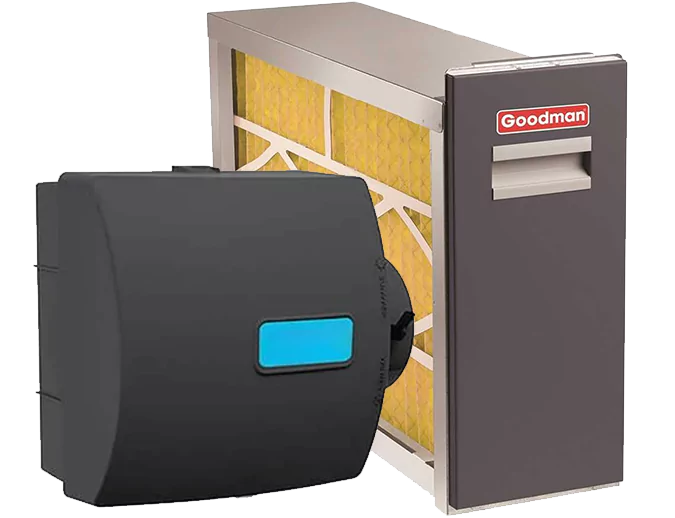If you rely on a furnace for heating your home and hot water, switching to a heat pump could save you money. As a bonus, heat pumps are more environmentally friendly to run, too. Furnaces rely on burning fossil fuels, making running gas heating a significant source of greenhouse gas emissions for the average family.
Before deciding on a heat pump for a very cold climate, it’s advisable to consult with your local HVAC professional. ClearView Services can assess your specific needs, evaluate your home’s characteristics, and provide recommendations on the most suitable and cost-effective heating solution for your particular circumstances.
Furnaces and heat pumps are both heating systems, but they operate in different ways and have distinct characteristics. Here are the key differences between a furnace and a heat pump:
- Furnace: Furnaces generate heat by burning a fuel (commonly natural gas, propane, or oil) or using electrical resistance heating elements. The heat produced is then distributed through the home via a ductwork system.
- Heat Pump: Heat pumps, on the other hand, transfer heat from one place to another. In heating mode, they extract heat from the outside air (air-source heat pump) or the ground (ground-source or geothermal heat pump) and bring it indoors. Heat pumps can also provide cooling by reversing the process, expelling heat from indoors to the outside.
Efficiency in Cold Weather:
- Furnace: Traditional furnaces, especially those powered by natural gas, are known for their high heat output, making them effective in extremely cold weather conditions. They can quickly raise indoor temperatures even when outdoor temperatures are very low.
- Heat Pump Systems: Air-source heat pumps may experience reduced efficiency in extremely cold temperatures. However, newer models are designed to operate efficiently in colder climates, and ground-source (geothermal) heat pumps are generally less affected by outdoor temperature extremes.
Energy Efficiency:
- Furnace: While modern furnaces can be highly energy-efficient, they rely on combustion to generate heat. The efficiency can depend on factors such as the type of fuel used and the furnace’s design.
- Heat Pump: Heat pumps are generally more energy-efficient because they move heat rather than generate it. However, as mentioned, the efficiency of air-source heat pumps may decline in extremely cold weather.
Initial Cost and Long-Term Savings:
Furnace: Furnaces often have a lower upfront installation cost compared to heat pumps. However, long-term savings depend on factors such as energy efficiency and the cost of the fuel source.
Heat Pump: While heat pumps may have a higher initial cost, they can result in long-term energy savings, especially in regions with milder climates where they operate more efficiently.
Maintenance Requirements: Both furnaces and heat pumps require regular maintenance. Furnaces may involve tasks like replacing filters and checking combustion systems, while heat pumps need regular inspections of components like the refrigerant levels and the outdoor unit.
The Benefits of Heat Pumps
Heat pumps are incredibly versatile and energy-efficient, making them a popular choice for new builds. Many homeowners in Calgary are opting to upgrade their homes to take advantage of the benefits of heat pumps, such as:
Heat Pumps Don’t Use Fossil Fuels
Rather than burning fossil fuels, heat pumps transfer heat energy from one place (such as the ground) to another (your home). They’re far more efficient than a gas furnace or an electric heater. Depending on the relative costs of gas and electricity in your area, you could save a money by switching to a heat pump.
In addition to the financial savings, there are environmental benefits too. Many families are opting to switch to heat pumps to do their bit in the fight against climate change.
One System to Run Your Heating and Air Conditioning
Heat pumps are incredibly versatile. Their heat transfer works both ways, so they can be used for air conditioning too. In many ways, heat pumps offer the best of both worlds. They can help to both cool and dehumidify the air in the summer, making your home more comfortable.
In contrast, in the winter they provide heating without drying out the air as much as a furnace would, reducing the need to run a humidifier throughout the day.
The Downsides of Heat Pumps
While there are many clear benefits, there are some downsides, including:
Not Suited to Very Cold Weather
With winter temperatures as low as -40 degrees Celsius not unheard of in Calgary, having a heating installation you can depend on is essential. Heat pumps are typically intended to be used in climates with temperatures of as low as -20, with some models being able to handle temperatures of around -30 degrees.
Fortunately, those extreme lows occur more than what we would want in the year. If you’re considering investing in a new heating installation, ClearView Services has you covered and can handle all of your heating, cooling and plumbing needs.
Temperature Extremes:
In very cold climates, especially during the winter months, the efficiency of an air-source heat pump can be affected. The colder the outdoor air, the harder the heat pump has to work to extract heat. Some models are designed to operate efficiently in cold weather, but their performance may still be less optimal compared to milder climates.
Supplementary Heating:
Many heat pump systems are equipped with auxiliary or backup heating elements, often electric resistance heating, to provide additional warmth during extremely cold periods. The use of supplementary heating can significantly impact operating costs, as electric resistance heating tends to be less energy-efficient compared to the heat pump itself.
Insulation and Home Efficiency:
The insulation levels and overall energy efficiency of your home play a crucial role in the operating costs of a heat pump. Well-insulated homes retain heat better, reducing the workload on the heat pump and improving overall efficiency.
Conclusion on Heating System Options
The “better” option for cold weather depends on your specific needs, budget, and environmental considerations. In extremely cold climates, a furnace may be a reliable choice, but newer, well-designed heat pumps can also effectively operate in cold weather. Consulting with a local HVAC professional ClearView Services can provide personalized advice based on your home’s characteristics and climate conditions. Additionally, some homeowners opt for hybrid systems that combine a heat pump with a backup furnace for the best of both worlds.
If you’re considering updating your heating, ClearView Services is here to help you.
We offer a variety of HVAC Systems and heating and cooling services in Calgary, including heating installation and repairs. Contact us today to request a quote.





